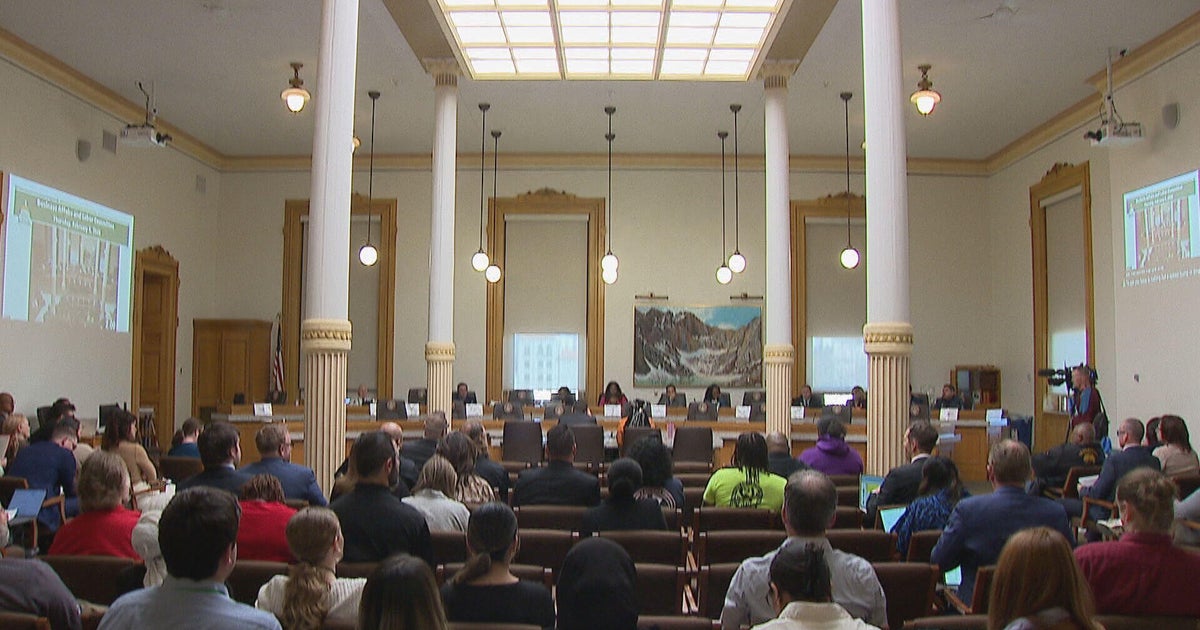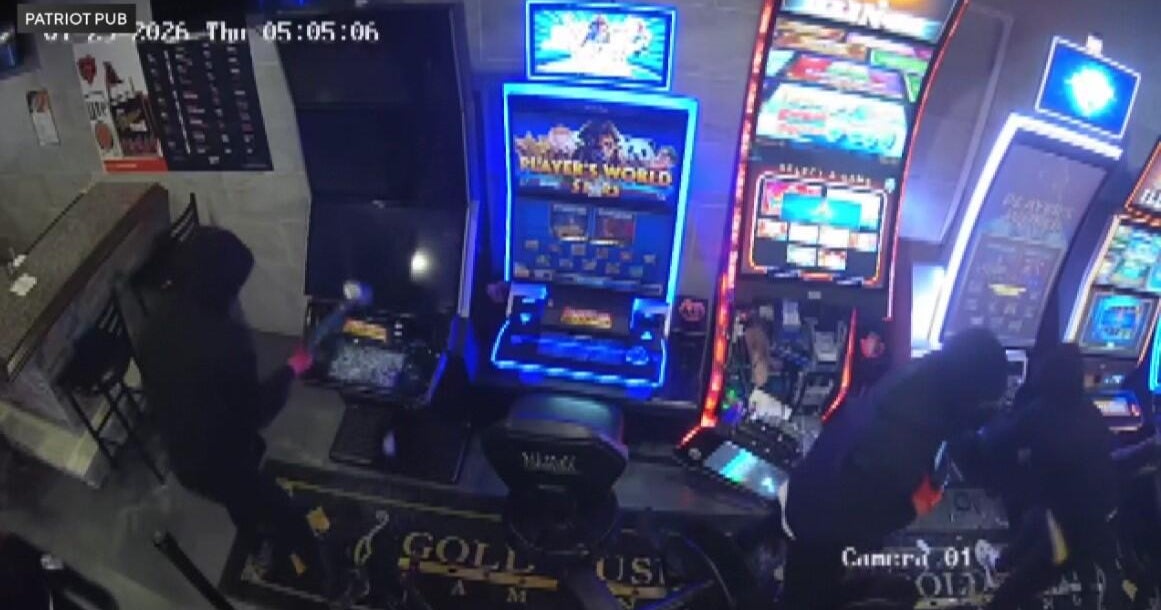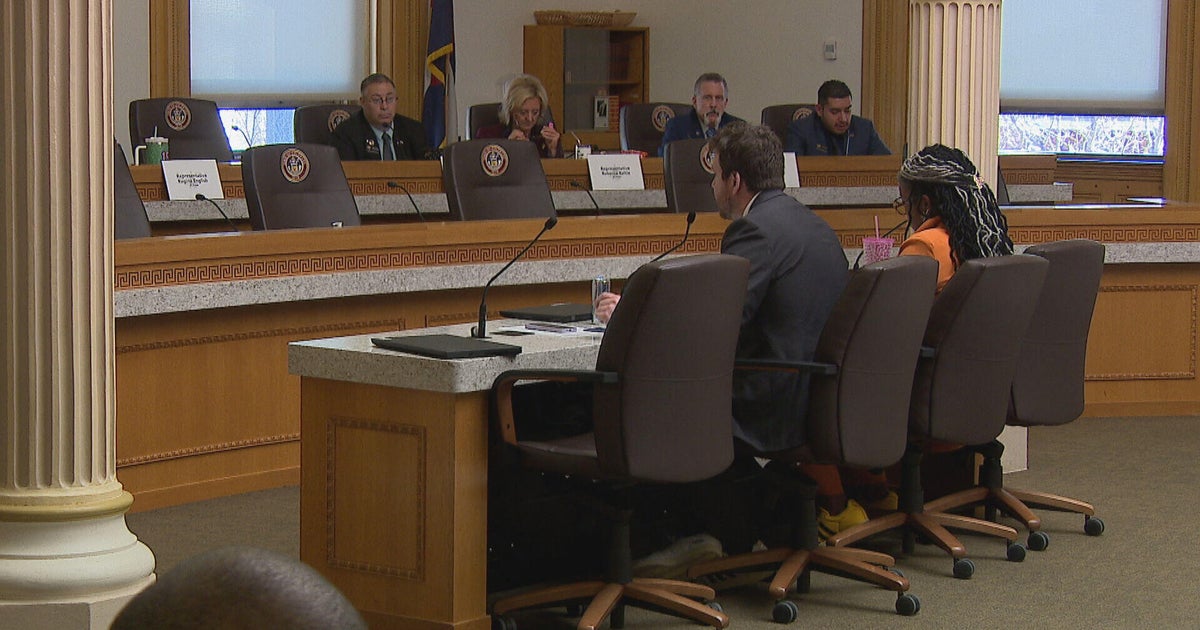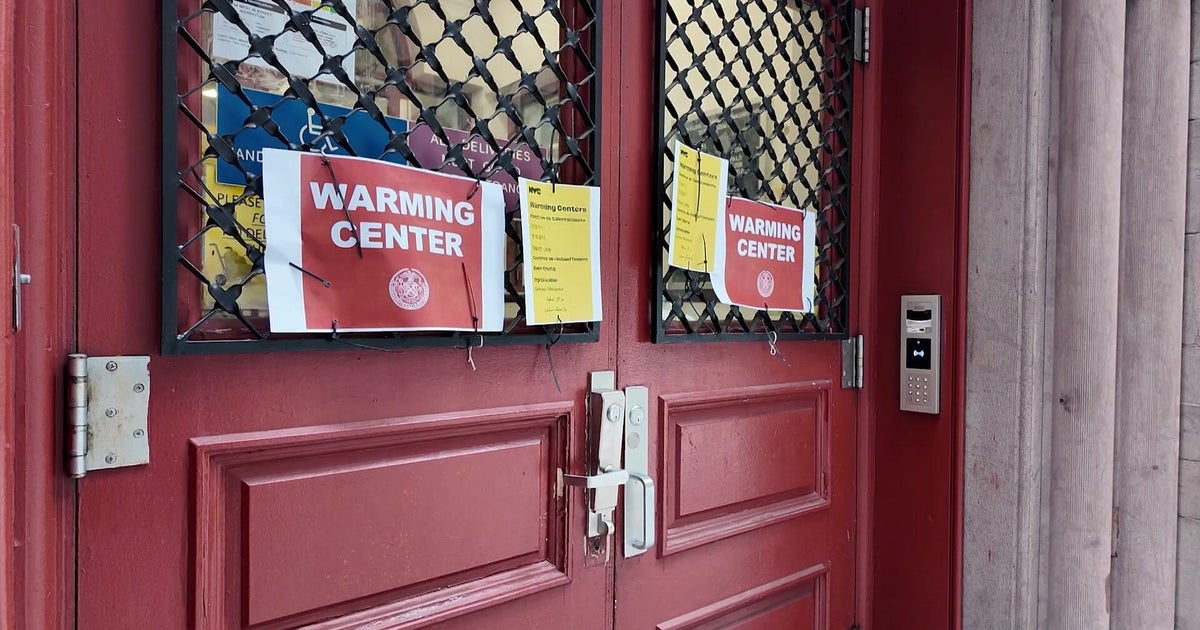Fl. Legislature Considers Expanded Gambling
TALLAHASSEE (CBS4) -- As the Legislature considers several bills that would alter or even expand gambling in Florida, the chairman of a key House panel said Tuesday the states need to acknowledge its status as a gaming state and find a more effective way to regulate the industry.
The House Business and Consumer Affairs Subcommittee heard three gaming bills Tuesday, including a workshop on a measure by Rep. Erik Fresen, R-Miami that would allow new "destination resorts" to operate in the state. That came less than a week after the Senate Regulated Industries Committee approved bills easing restrictions on card games at dog tracks and allowing intrastate Internet poker.
House Business and Consumer Affairs Chairman Esteban Bovo, R-Hialeah, said the focus on gaming issues this year wasn't necessarily unusual, but did indicate an increasing realization on the part of lawmakers.
"We as a committee, and I think as a state, are now starting to come to grips with the reality that we are a gaming state," Bovo said. "And as much as we probably have tried to ignore that and maybe bury our head in the sands, the reality is that it's here."
Bovo said the state has for decades taken a "parochial" approach to gaming, with lawmakers from districts with pari-mutuels or other gaming outlets trying to get an advantage for local interests or shield them from damage instead of taking a broader view of the issues involved.
"I think the state would probably be best served at the end of the day looking at a gaming commission bill, a la Pennsylvania, a la Nevada, that has the best interests of the state in mind and that could do this where you could handle issues of the breeders, you could handle issues of the thoroughbreds, the trainers -- all the components," Bovo said.
Anti-gambling lawmakers might also prefer the idea of a commission, Bovo said, since it would allow them to avoid voting on gaming issues.
Sen. Jeremy Ring, D-Margate, has sponsored a measure that would create a gaming commission, but the bill has no House counterpart. Bovo said a portion of Fresen's bill, which creates the Destination Resort Commission, could be the foundation for a broader gaming commission.
There are substantial differences between the Senate destiny-resort bills, which were temporarily postponed at a separate meeting Tuesday, and the House measure, Fresen said after the meeting. He said his measure would allow more diverse business models than the Senate counterpart, sponsored by Sen. Dennis Jones, R-Seminole, and wouldn't include a limit on how close the destination resorts can be to each other.
"We're not trying to essentially artificially rig the market when the market may otherwise want to have more than one in a certain location," Fresen said.
Scott was noncommittal Tuesday when asked about the destination-resort bills, saying only that he would review them.
"My position all along is, we have gaming in our state," Scott said. "It's a local issue and I think that's the way we should continue."
Meanwhile, Bovo's committee approved on a 15-1 vote a measure that would allow dog tracks to offer card rooms even if they no longer run a full schedule of greyhound races.
The measure (HB 1145) is pushed by a coalition of pari-mutuels who want to be freed from the dog-racing requirement and animal-rights advocates who see the bill as a new blow to an industry that is already beginning to lose popularity.
Rep. Dana Young, the Tampa Democrat who sponsored the measure, said tax receipts from dog racing have dropped so much that the state is "reaching the point where it may cost more … to regulate this industry than we collect in taxes."
Christine Dorchak, president of anti-racing group GREY2K USA, said Arizona and Iowa have taken similar steps with greyhound tracks there in recent years.
"It will not only save the state money from regulating this dying industry, it will save greyhounds," she said.
But greyhound breeders have fiercely opposed the measure, saying it would cost the state hundreds of jobs and mark a massive change to state policy, which allowed other types of gambling only as a side business for dog tracks.
"If the pari-mutuels want to change that, they need to be honest with your constituents and go home and run a referendum," said Jack Cory, a lobbyist for the Florida Greyhound Association, which represents breeders, owners, kennel operators and others who want to keep the racing going.
Even some of those who supported the measure questioned the about-face.
"I guess I'm kind of stuck on the fact that these places opened up as dog tracks," said Rep. Darryl Rouson, D-St. Petersburg, who voted for the bill.
The News Service of Florida contributed to this report.







